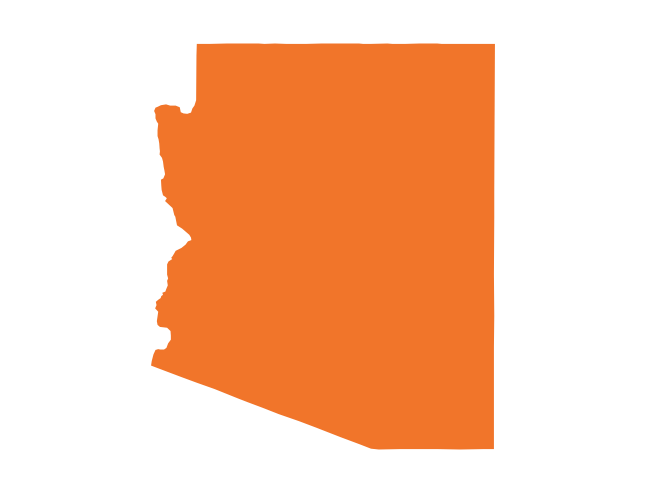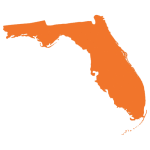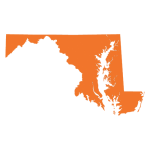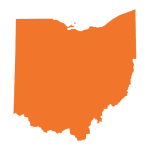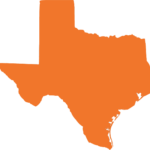Solar financing options
Solar United Neighbors is neutral when it comes to financing for solar systems. We don’t endorse or profit from any of the loan financing options listed below. When evaluating your options, it is important to decide if a lower monthly payment or a smaller total interest paid are more important for your decision.
There are also other ways to finance your solar system such third-party ownership options like leases and power purchase agreements (PPAs) where a company owns and maintains the system and you pay them monthly.
Nationally-available loans and financing options
Credit Union Solar Loans
These options are available nationally and have experience with solar loans and no large origination fees. These solar loans often include 0% bridge loans until your Tax Credits come in the following year. These types of loans have a filing fee generally no greater than $300.
- Clean Energy Credit Union – Solar United Neighbors is a field of membership partner with the CECU so any SUN member can join this credit union and anyone can join SUN when applying for a loan or account on the CECU website. (They also have a carbon calculator estimator to show the impact of putting money into one of their savings accounts.) CECU has a Clean Energy for All loan program that offers discounted interest rates on clean energy loans to minority and low-income borrowers. The program offers a 0.50% discount off Clean Energy Credit Union’s standard loan rates and can waive credit score requirements for those facing credit challenges.
- Community First Credit Union – Solar United Neighbors is an association partner with the C1CU so any SUN member can join this credit union and anyone can join SUN when applying for a loan or account on the C1CU website.
*Both of these Credit Unions are only working with registered installers, so your solar installer will need to apply to become a registered installer with the Credit Unions if they are not already. Both the Clean Energy Credit Union and Community First Credit Union can also provide lists of registered installers in your area.
Home Equity Loans
Home equity loans are secured loans. The collateral is the equity you own in your house. You can then either borrow one lump sum or take out a line of credit (HELOC). These usually have favorable fixed interest rates (around 5% is normal); however, require strong home equity and a good credit score and are available from most banks. When used for home improvements such as installing solar, the interest on these loans is also tax-deductible. Consult your tax advisor to confirm details on whether this is applicable for you.
Bank Loans
A growing number of banks are offering solar/renewable energy loans. Contact your local bank for options in your state or ask your Solar United Neighbors staff for recommendations.
Climate First Bank is a national bank provider of solar loans: https://www.climatefirstbank.com/
U.S. Government-backed programs
These loans include solar with a purchase or refinance of a mortgage and lower payments by having a lower interest rate and also by spreading payment out over the term of your mortgage.
- Fannie Mae HomeStyle energy: Any lender that uses Fannie Mae is eligible to lend under this program which includes adding solar to your home loan or refinance. Solar PV system cannot be more than 15% of the cost of the total home appraisal. Generally, Fannie Mae requires a 620 credit score.
- FHA Solar and Wind energy loan: Solar PV can now be added to a regular FHA home mortgage loan. PV system must be new, and cannot be leased. The amount financed for a system must not exceed 20% of the property’s appraised value. Available for purchasing a home in all Solar United Neighbors states except WV and for refinancing in all states except TX and WV. This is available through US Mortgage of Maryland and possibly other banks. Ask your local bank if they offer this product. The FHA requires a credit score of 580 for 3.5% down or 500 for 10% down.
- FHA PowerSaver Loans:
- Powersaver Second Mortgage has a lending limit of $25,000.
- Powersaver Energy Rehab: This is a loan for initial home purchase or refinance that can be used for energy efficiency improvements including solar. A lender search tool is here. Make sure to search in your state and to select 203K. The FHA requires a credit score of 580 for 3.5% down or 500 for 10% down.
Property Assessed Clean Energy (PACE)
The PACE model is designed to expand access to energy upgrades by creating access to low-cost, long-term project financing. PACE-financed projects can include energy efficiency improvements, renewable energy systems, or a combination of the two.
Here’s how PACE financing works: As a building owner or homeowner, you contact your local PACE administrator, who secures financing for your solar project. You then repay that financing over a period of multiple years through a special assessment on your property tax bill or utility bill. This form of financing is enabled at the State level or in some cases at the local level. Learn more about PACE.
Installer-based financing
These finance companies are not available to all homeowners. They work specifically with solar installer partners and may be options offered by your installer. They often offer low rates but often have higher finance charges or origination fees. Most of these options require credit scores of 640-650 but may have an easier application process, since they are done through your solar installer.
Community Development Financial Institution Loans
Capital Good Fund is a non-profit lender offering a DoubleGreen Solar loan product available currently in Texas. Loans can be up to $60,000 with a 7.99% APR or a 20% buydown fee and an APR of 5.81%.
Loans and Power Purchase Agreements and Solar Leases for Small Businesses and Non-Profit Organizations
These organizations specialize in Solar financing options for non-profit organizations:
Sunrock also works with Sunstone Credit on small business solar loans in addition to their non-profit offerings.
The 504 loan program provides long-term, fixed rate financing for major fixed assets that promote business growth and job creation.The maximum loan amount for a 504 loan is $5.5 million. Open to for-profit companies with net income less than $5 million and net worth less than $15 million.
—
Are you a provider of solar loans? Did you use a lender not included here for a solar loan or refinance? Email us at info@solarunitedneighbors.org to get added to our list of loans and financing options.

